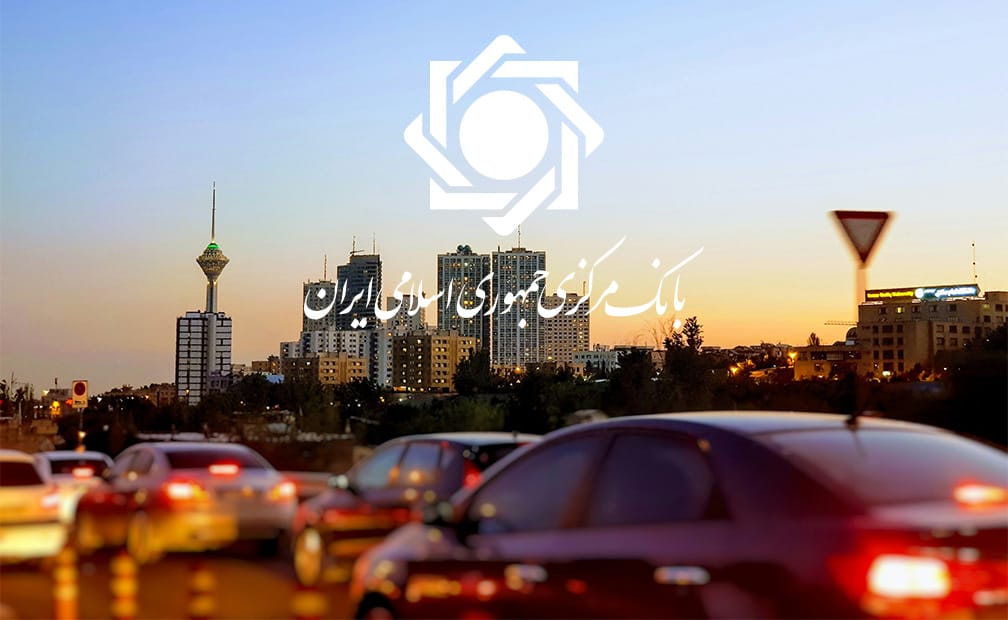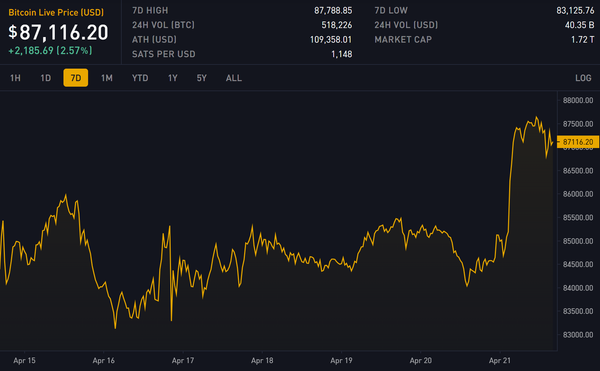Iran's Central Bank Blocks Payment Gateways to Cryptocurrency Exchanges Amid Currency Crisis
This move follows the Iranian rial's 37% devaluation against the US dollar in 2024, which led many Iranians to seek digital assets like bitcoin.

- The Central Bank of Iran (CBI) has abruptly blocked payment gateways for cryptocurrency exchanges without prior notice or preparation, restricting citizens to the weakening national currency.

- The latest shutdown follows the central bank's recent actions to freeze bank accounts of cryptocurrency exchanges, and suspend payment processing services in November. These measures were taken due to concerns over speculation in the Tether (USDT) market and money laundering risks.
"These restrictive and destructive decisions in technology policymaking not only eliminate Iran's limited opportunity for economic growth through new technologies but also drive away the country's most important asset - its capable human capital," said the industry leaders in an open letter to President Masoud Pezeshkian.
- The bank's action is aimed particularly at the payment channels for the Iranian rial utilized by digital currency exchanges, but the ability to withdraw funds remains functional, reports Intellinews.com.

- According to related reports, the regime is working on a "centralized system for managing cryptocurrencies, similar to Shaparak in the banking system," allowing the government to exercise more control of the cryptocurrency markets through centralized channels.
- Last month, the CBI endorsed a "Policy and Regulatory Framework for Cryptocurrencies," confirming its position as the industry's main regulatory body in the country. It seeks to license cryptocurrency brokers and custodians under the oversight of the CBI, ensuring they adhere to anti-money laundering (AML) laws, counter-terrorism financing (CTF) regulations, and taxes.
- In other news, the Iranian government has banned the advertisement of cryptocurrency mining machines amid an ongoing energy crisis. Illegal mining operations were blamed for rolling blackouts in Tehran at the end of last year. According to TVC News, over the last three years, authorities have identified 9,261 crypto mining farms with 265,433 mining hardware units.
"For Iranians enduring severe inflation, financial repression, and an isolated economy, Bitcoin represents one of the few remaining paths to financial freedom — a path the regime is now working to block," wrote the Human Rights Foundation in the latest issue of the Financial Freedom Report.
Sina 21st Post / Archive
Intellinews Article / Archive
TCD Article / Archive
- Do you want more? Subscribe and get No Bullshit GM report straight to your mailbox and No Bullshit Bitcoin on Nostr.
- Feedback or news tips? Drop it here.




